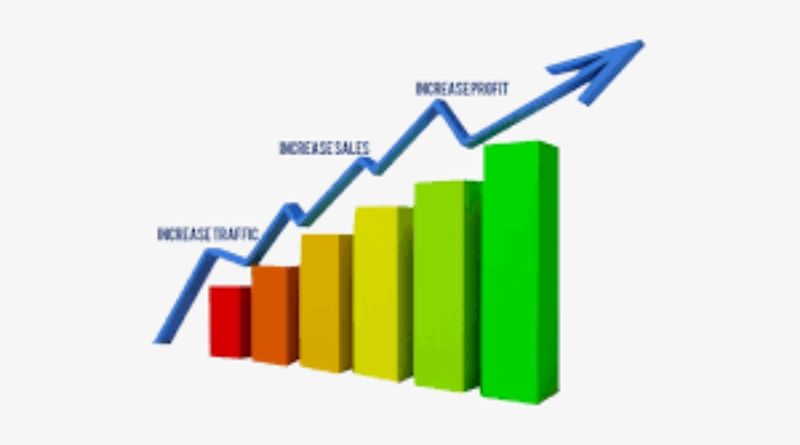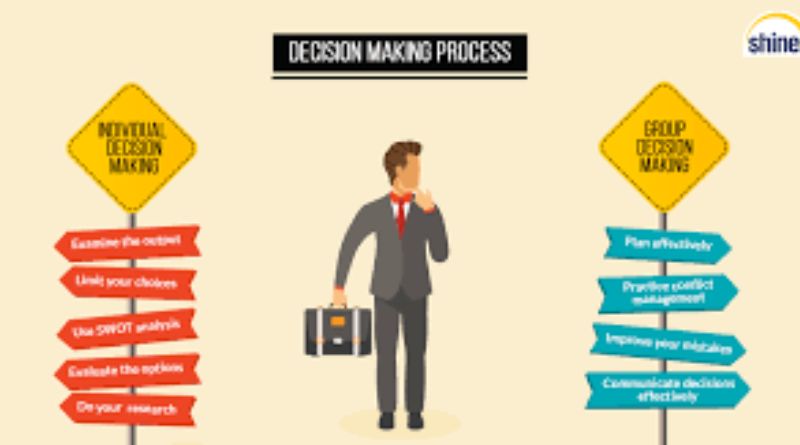The SAP ERP System is one of the most popular enterprise resource planning (ERP) solutions on the market today. It has been used by many large businesses around the world to streamline their operations and provide them with the tools they need to stay competitive. In this blog post, we’ll look at the top 9 advantages of using an SAP ERP System. From improved scalability to lower total cost of ownership, you’ll see why an SAP ERP System could be the right choice for your business.
1) Increased Efficiency
An SAP ERP system can help to improve the efficiency of your business operations in several ways. The system offers comprehensive tools for managing inventory, tracking orders, managing finances, and streamlining processes. By using SAP ERP, businesses can reduce labor costs associated with manual processes and increase operational efficiency. Additionally, the system helps to speed up data processing, allowing for faster decision-making and improved customer service. SAP ERP also features powerful analytics capabilities which can be used to identify areas where processes can be optimized for greater efficiency. Finally, the system is designed to integrate with other enterprise systems, providing a single source of truth across the organization and eliminating time-consuming manual processes.
2) Improved Customer Satisfaction
One of the most important advantages of using an SAP ERP system is improved customer satisfaction. An ERP system helps organizations provide customers with a better overall experience by allowing them to quickly and accurately process orders, resolve issues, and keep track of orders in real-time. With an integrated ERP system, businesses can also offer personalized services based on customer data. This allows them to better understand customer needs and develop customized solutions that help meet their requirements. Additionally, an SAP ERP system provides detailed analytics that enables businesses to monitor customer feedback and identify areas for improvement. By leveraging these insights, businesses can ensure that their customers are getting the best possible service, which can result in greater satisfaction and improved loyalty.
3) Increased Sales and Revenue

One of the most important advantages of using an SAP ERP system is its ability to increase sales and revenue. With an integrated system, all departments within an organization can work together to identify areas where improvements can be made to boost sales. By leveraging powerful analytics tools, teams can track and analyze sales data to understand customer needs and trends, develop more effective marketing campaigns, and improve pricing strategies. This leads to higher sales and increased revenue. With an SAP ERP system, businesses also gain access to real-time financial visibility, allowing them to easily monitor their financial performance and accurately forecast future sales and revenue.
4) Enhanced Collaboration
An SAP ERP system provides businesses with a range of features and capabilities to help enhance collaboration between departments and team members. With an integrated system, stakeholders can access important data and documents from multiple sources. This allows for better collaboration and more efficient decision-making.
With the ability to share documents in real-time, team members can quickly access the information they need without waiting for emails or physical copies of documents. Additionally, employees can communicate across multiple channels including instant messaging, chat, and audio and video conferencing.
The system also helps create greater transparency among teams by enabling them to view, edit, and collaborate on projects from one central platform. This encourages improved communication and teamwork as well as greater accountability. Furthermore, it allows businesses to set up automatic notifications and reminders which help to ensure that no tasks or deadlines are missed.
Overall, an SAP ERP system enhances collaboration by providing the tools and capabilities needed to improve communication and collaboration between teams and departments. With enhanced collaboration, businesses can make faster and better decisions that drive results and increase efficiency.
5) Improved Decision Making

One of the greatest benefits of using an SAP ERP system is the improved decision-making it provides. With the help of analytics and reporting, businesses are able to gain valuable insights into their operations that can help them make informed decisions. This data-driven approach enables companies to optimize their processes and make sound business decisions. The SAP ERP system offers numerous tools that allow users to track performance and make informed decisions based on accurate data. From financials to customer service, the system provides a holistic overview of the entire business. This can be invaluable in helping a company determine which strategies to pursue and how best to implement them. Moreover, the ability to access real-time data helps executives respond quickly and decisively to changes in the market, as well as take advantage of emerging opportunities.
6) Streamlined Business Processes
Using an SAP ERP system can drastically reduce the time it takes to complete business processes. Automation eliminates manual input and eliminates the need to manually track data, allowing businesses to reduce the number of steps it takes to process orders or submit invoices. This helps streamline the process and makes it easier for businesses to scale their operations as needed. In addition, an SAP ERP system allows businesses to create templates for specific processes, making them easier to complete on a regular basis and reducing the amount of time needed to complete them. By having these processes streamlined, businesses can quickly respond to customer needs and requests and remain competitive in the market.
7) Reduced Costs
One of the biggest advantages of implementing an SAP ERP system is cost reduction. By utilizing an integrated solution, businesses can save money on redundant processes and eliminate the need for multiple vendors. For example, the unified system eliminates the need to buy separate software and hardware components, which results in a lower total cost of ownership. Additionally, the automation of business processes through SAP ERP helps eliminate manual errors that can lead to expensive losses. Finally, businesses can benefit from better forecasting, leading to smarter purchasing decisions and lower inventory costs.
8) Increased Visibility
With an SAP ERP system, businesses are able to gain increased visibility into their operations. This increased visibility allows organizations to make more informed decisions as they can gain real-time insights into the performance of their business processes. It also allows organizations to monitor progress and identify potential issues before they become major problems.
By gaining access to comprehensive analytics and reporting capabilities, companies can access valuable data such as sales figures, stock levels, customer information, and more. With this data, companies can better understand what works and what doesn’t, allowing them to make adjustments to improve overall performance. Additionally, having access to this kind of visibility also allows for quick responses to customer queries, leading to improved customer service.
Overall, an SAP ERP system provides businesses with the ability to gain valuable insights into their operations and make improvements accordingly. This increased visibility can help businesses reach their desired outcomes faster and with greater accuracy.
9) Increased agility
The SAP ERP system allows businesses to quickly and easily adapt to changing market conditions, customer demands, and competitive pressures. With the ability to quickly make adjustments and changes, companies can stay ahead of their competition and maintain a competitive advantage. The SAP ERP system is designed to support rapid, on-demand deployment and rapid scaling of business operations, allowing businesses to rapidly adjust to changing business conditions. By taking advantage of the flexibility offered by the SAP ERP system, businesses can become more agile and better able to respond quickly and efficiently to customer needs.
Related: The Amount Team Just Got $99M Richer








